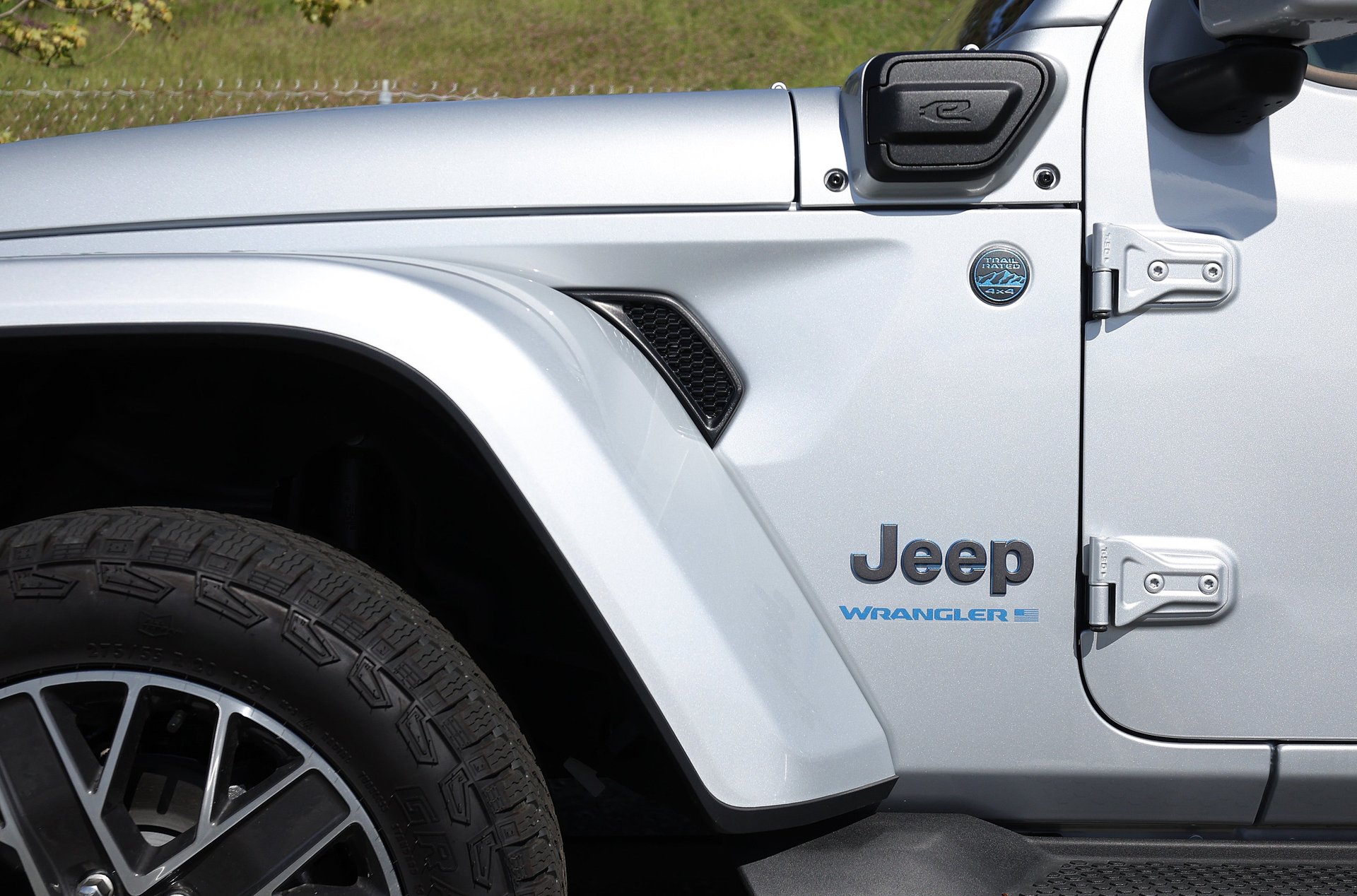A $25,000 Jeep EV is coming to the U.S. 'very soon,' Stellantis boss says
Automakers are increasingly betting on cheaper electric cars to drive up sales

Stellantis plans to sell a $25,000, fully-electric Jeep in the United States “very soon” to boost sales, according to CEO Carlos Tavares.
Suggested Reading
Tavares, speaking at a Bernstein investor conference in New York on Wednesday, said the new electric vehicle would be feasible because the company already sells low-price EVs at a profit in other markets. He pointed to the Citroën e-C3, an electric hatchback that goes for about $25,200 in Europe.
Related Content
“We are using the same expertise because we are a global company, and this is totally fluid across the engineering world of Stellantis,” Tavares said.
Automakers have focused on producing cheaper cars and EVs in recent months, as high prices remain a barrier to entry for many consumers. Several companies — including Ford Motor Co., Tesla, and Volkswagen — aim to put out EVs that cost less than $30,000 over the next few years. In the U.S. last month, the average selling price of a new EV was $55,242, per Cox Automotive.
As Chinese automakers continue to flood the European markets and inch toward a U.S. launch, Western carmakers have put more emphasis on less-expensive EVs. BYD, China’s biggest EV maker, is planning to build a factory in Mexico and currently sells cars for as low as $10,000.
“If you ask me what is an affordable [battery electric vehicle], I would say 20,000 euros in Europe and $25,000 in the U.S.,” Tavares said Wednesday. “So our job is to bring the safe, clean and affordable BEV to the U.S., $25,000. We’ll do it.”
Currently, Stellantis’ cheapest EV sold in the U.S. is the $32,500 Fiat 500e subcompact car. Jeep’s first all-electric offering for the U.S. market will be the Wagoneer S SUV, which is scheduled for an official reveal on Thursday and a launch later in 2024. The automaker has yet to announce a price for the upcoming EV.
Tavares on Wednesday called the global auto market “darwinian,” doubling down on comments he made last week at a Reuters conference in Munich. He said that Stellantis — which, in addition to Jeep, Citroën and Fiat, owns brands such as Dodge and Ram — expects to reach cost parity between its EV and gas-guzzlers within the next three years.
The auto executive has been critical of the President Joe Biden’s move to quadruple tariffs on EV imports from China later this summer to prevent the country’s automakers from entering the domestic market. The European Union is set to unveil an initial decision in its investigation of Beijing’s subsidies for its EV companies next Friday, June 5.
Tavares said protective measures like tariffs will isolate automakers “in a bubble” from the global market. The winners inside of the bubble will be the companies who can make the best technology and cheapest EVs for that market, he added, while global automakers exposed to harsh competition from China will be pushed to improve beyond them — assuming they can survive.
Stellantis wants to be in that global space and has teamed up with a Chinese automaker to sell cars in almost every market by the end of the year. In September, it will start selling EVs made through its joint venture with China’s Leapmotor in several South American and European countries, as well as the Middle East, India, and the Asia Pacific region.